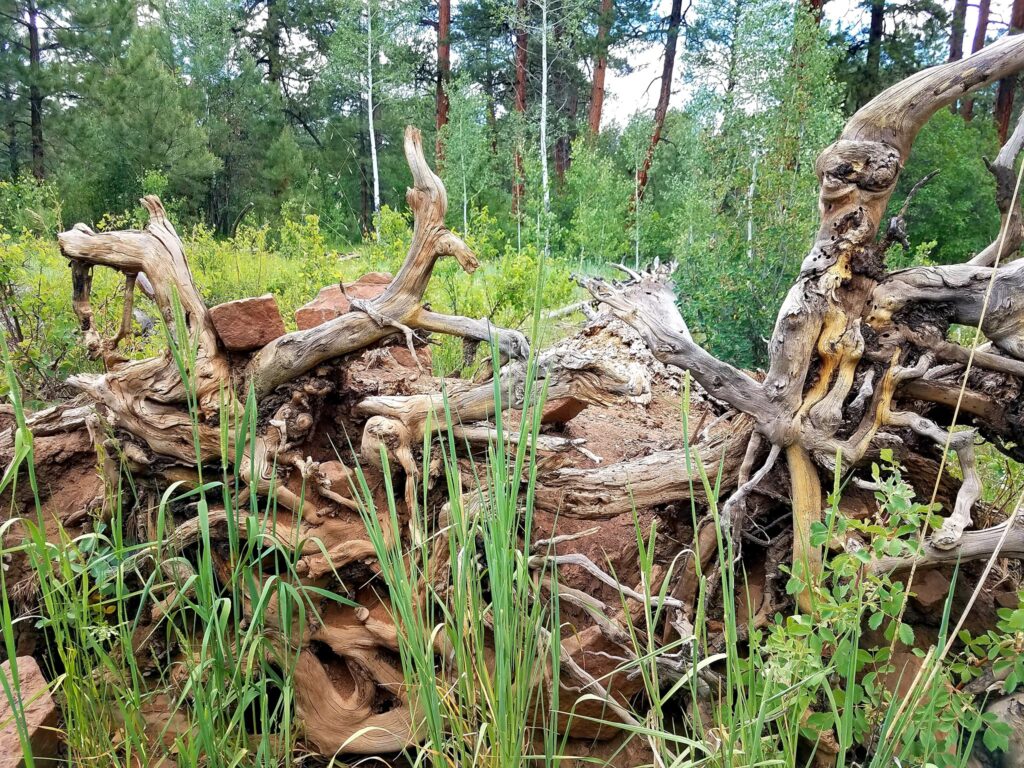
This blog is mostly focused on the inner work of self development. Even so, no person is an island. Those around us can be powerful teachers, shining light on our paths as we do our inner work. Current events have pushed me to write more broadly, reflecting on social justice. In these reflections, I have found that Metta (loving-kindness) is a powerful tool, creating space for shadow work: creating space to effectively work with and through that which is uncomfortable.
Six years ago, the phrase “I can’t breathe” entered our national conscience. After Eric Garner died in a police choke hold, his last words echoed throughout the news and social media. People protested against police brutality across America. Many police departments reviewed and revised policies and training regarding the use of force. Even so, Americans continue to die by lethal force by law enforcement. Most who have been killed were armed, but many had no weapons. Research found that victims were disproportionately likely to be Black Americans (https://www.ncbi.nlm.nih.gov/ pmc/articles/PMC6080222/). In May, our nation was horrified to hear those words once again. This time, George Floyd pleaded “I can’t breathe” as a policeman knelt on his neck for several minutes, eventually killing him.
Wildfires have been devastating this summer. California has lost 2.5 million acres so far (a “modern record and nearly 20 times what had burned at this time last year”, https://www.nytimes.com/2020/09/09/us/fires-washington-california-oregon-malden.html), and communities in Oregon and Washington State were destroyed. The San Francisco sky glows eerie orange. Fires continue to burn throughout the American West, spurred on by climate change and problematic fire control policies (https://www.propublica.org/article/they-know-how-to-prevent-megafires-why-wont-anybody-listen).
Last weekend, in Colorado, the fire nearest to my home mushroomed in size, propelled by heat and powerful winds. The Cameron Peak Fire has had very little containment since its ignition August 13 (https://inciweb.nwcg.gov/incident/6964/). The fire crews weren’t able to get ahead of it due to the mountainous terrain and the large number of beetle-killed trees in its path (a result of climate change). Saturday evening, ash resembled snow as it fell from the sky. Two hours before sunset, the sky glowed an unsettling amber as a dark red sun floated well above the horizon. Even with a mask, the air was thick and irritating. I felt those words echo, “I can’t breathe.”
Without setting a specific intention, I felt Metta arising in response. I felt Metta arising for those who have suffered police brutality and systemic racism. I felt Metta arising for those who are protesting the abuses. I felt Metta arising for those breathing in polluted air – whether from forest fires or other sources. I felt Metta arising for those who, afraid of Covid-19, no longer breathe deeply when near strangers. I felt Metta arising for those who, afraid of the unrest in America today, hold their breath metaphorically.
Tuesday, we received surprisingly early snowfall – 14” of snow dampening our wildfire. Overnight, the ash and smoke disappeared, and the air once again felt safe. Walking through Rocky Mountain National Park yesterday, grateful for the snow and ice, I felt Metta arising. May we all be well in body and mind. May we be at peace. May we breathe freely.

 We are living in a tumultuous time in the world, with so much demanding our attention. The World Health Organization declared Covid-19 to be an international health emergency on January 30. We saw people dying painful deaths caused by a new virus that spreads incredibly easily. Watching a news segment in February, I was shocked and saddened by the devastation caused by Covid-19 in Italy and Spain. America was slow to register the threat, but by March and April, it was focused on responding to the novel coronavirus. This spring, countries all over the world took measures to limit social interactions to reduce the spread of the disease, and the economy in response had the most significant downturn since the Great Depression. Economists are hopeful that there will be a “v-shaped” recovery, but “w-shaped” and slow recoveries are also possible.
We are living in a tumultuous time in the world, with so much demanding our attention. The World Health Organization declared Covid-19 to be an international health emergency on January 30. We saw people dying painful deaths caused by a new virus that spreads incredibly easily. Watching a news segment in February, I was shocked and saddened by the devastation caused by Covid-19 in Italy and Spain. America was slow to register the threat, but by March and April, it was focused on responding to the novel coronavirus. This spring, countries all over the world took measures to limit social interactions to reduce the spread of the disease, and the economy in response had the most significant downturn since the Great Depression. Economists are hopeful that there will be a “v-shaped” recovery, but “w-shaped” and slow recoveries are also possible.